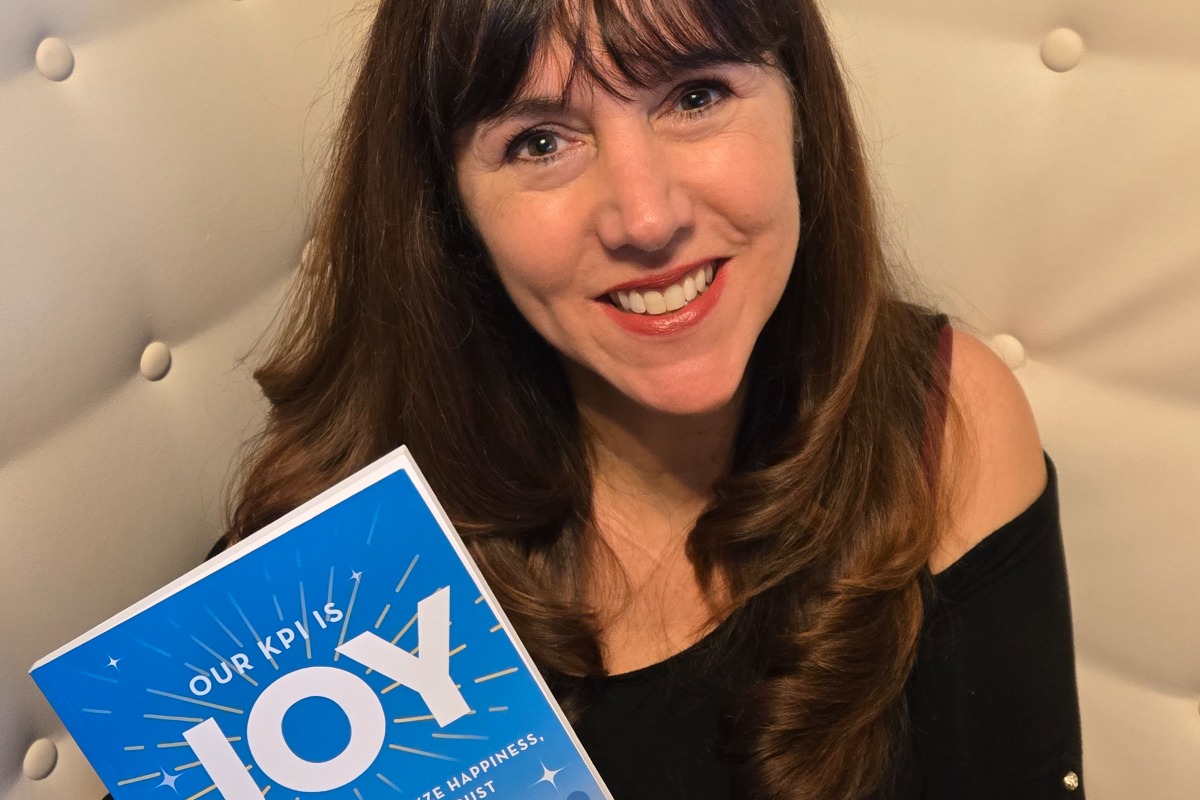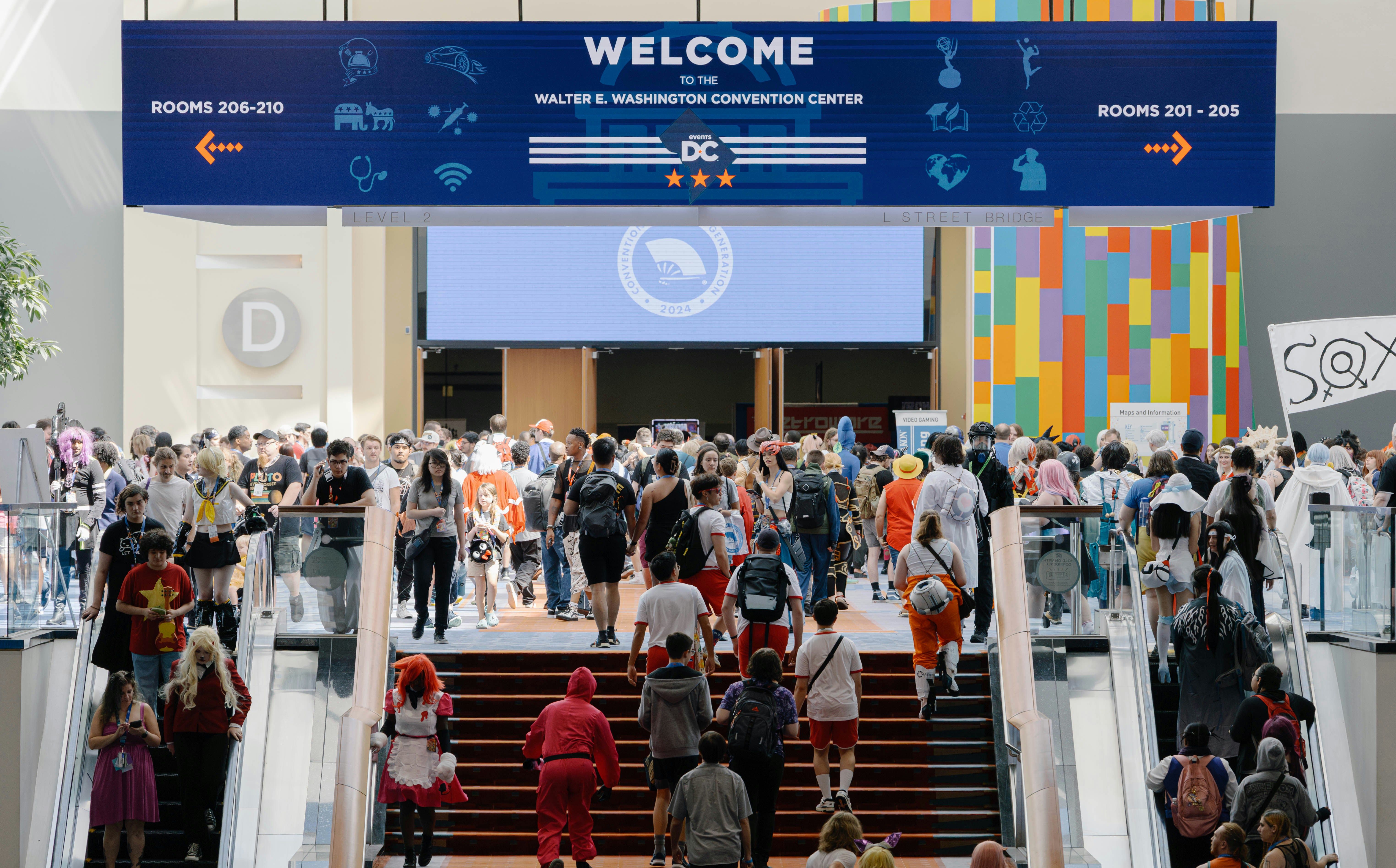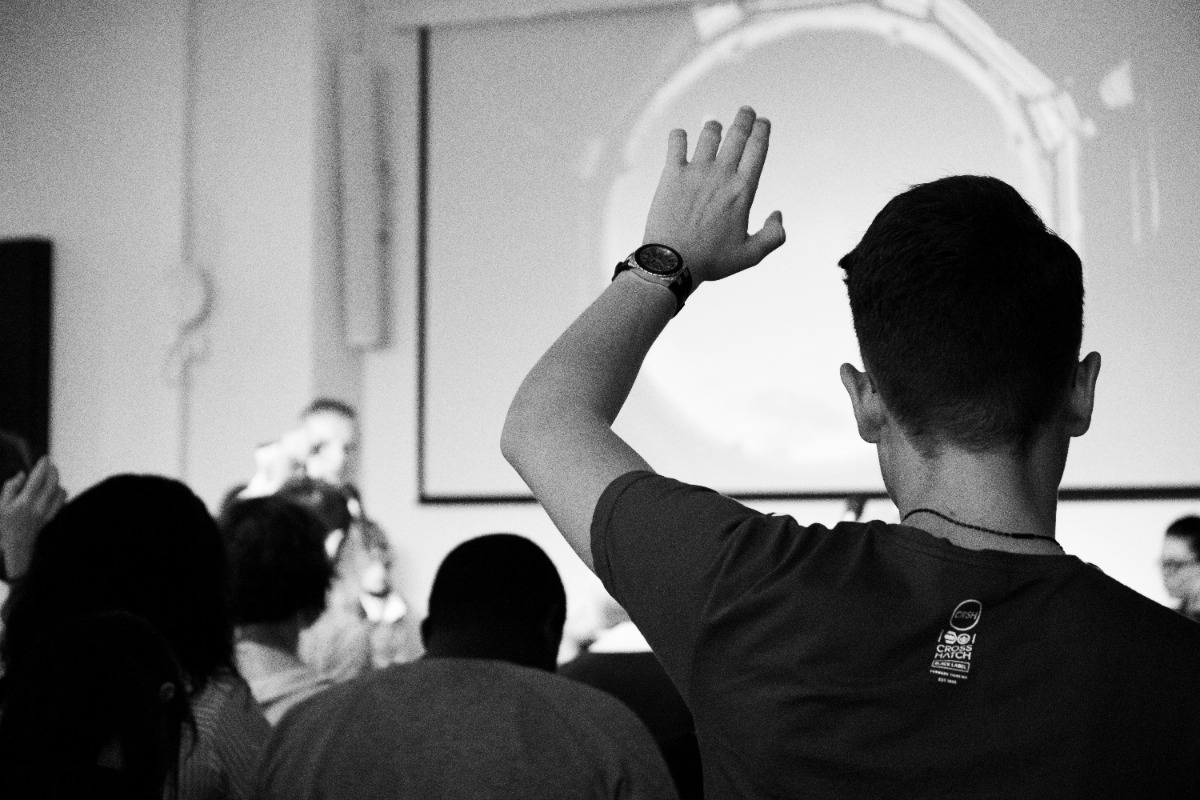Gen Z Will Reshape Events

Skift Take
Freeman’s latest event organizer trends report identifies ‘Innovators’ as a new group of event planners who recognize the need to reach and design for Gen Z attendees.
According to the report, Innovators focus on non-attendees. They focus on their needs. By getting to know this audience, they can more thoroughly address what keeps them away. They consider non-attendees an untapped market.
In addition, they are not afraid to change their events from one to the next. At present, 27% of event organizers are innovators, according to the report.
“Innovators understand shifts and are doing things differently,” said Ken Holsinger, senior vice president, strategy, Freeman. “You’re in a bit of an echo chamber where you're talking to the people that went to the event about the event instead of why did people not come to the event and who's not there? That's harder, a different perspective but important to look at.”
Gen Z Reshapes Attendee Experience
One big group to target? Gen Z.
This generation has officially overtaken Boomers in the workforce, and within the next five years, Millennials and Gen Z combined will represent 75% of the overall workforce, according to a Glassdoor analysis of Census Bureau data.
“The rise of Gen Z in the workforce is not only reshaping attendee expectations but redefining how the industry thinks about the value we deliver,” said Janet Dell, CEO of Freeman.
These attendees will not attend events just for the sake of attending. There must be a compelling reason.
Engaging with these new audiences requires new approaches. For example, 65% of organizers stick to traditional classroom formats, yet 56% of attendees prefer interactive, hands-on learning for a more collaborative experience.
“Despite the writing on the wall of where the generations are shifting, the majority of the organizers really haven't changed their events yet,” said Holsinger. “Two-thirds of event programs are in stasis. They are not changing.”
Why? Event organizers don’t feel empowered to do so. The data suggests that many event organizers aren’t just faced with attendee and exhibitor misalignments, but misalignments with leadership that limit or prevent event evolution.
The “Event Organizer Trends Report Fall 2024” can be downloaded here.





